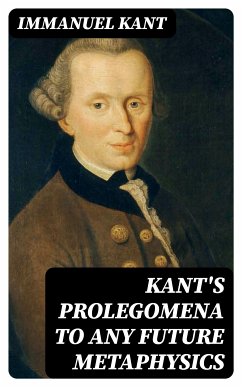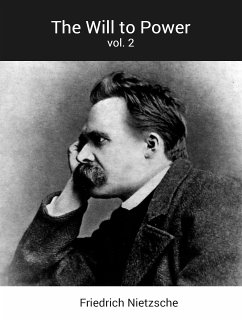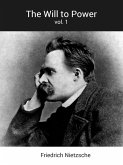In "Kant's Prolegomena to Any Future Metaphysics," Immanuel Kant articulates a foundational inquiry into the nature, limitations, and possibilities of human knowledge. Framed as an accessible guide to his critical philosophy, this work seeks to address the essential question of how metaphysics can emerge as a legitimate science. Kant employs a rigorous yet precise literary style, enriched with systematic argumentation and clear exposition, which challenges existing metaphysical frameworks while seeking a common ground between empiricism and rationalism. This text serves as a precursor to his more extensive critiques, emphasizing the need for a critical examination of the faculties of human reason. Immanuel Kant, an eminent figure of the Enlightenment, wrote this work in response to the controversies surrounding metaphysics during his time, particularly the opposing schools of thought advocating for rationalism and empiricism. His revolutionary ideas on epistemology and ethics, alongside his grounding in mathematics and physics, provided him with a unique lens through which to analyze the metaphysical claims prevalent in philosophical discourse. His endeavor reflects both his intellectual heritage and his pioneering attempts to redefine the boundaries of philosophy. "Kant's Prolegomena" is an essential read for anyone interested in the development of modern philosophy. It is invaluable for scholars, students, and general readers alike, as it not only clarifies Kant's thought but also confronts fundamental questions that continue to resonate in contemporary philosophical inquiries. This text invites readers to reconsider the possibility of metaphysics as a meaningful enterprise, making it indispensable for a deeper understanding of Kant's broader philosophical project.
Dieser Download kann aus rechtlichen Gründen nur mit Rechnungsadresse in A, B, BG, CY, CZ, D, DK, EW, E, FIN, F, GR, H, IRL, I, LT, L, LR, M, NL, PL, P, R, S, SLO, SK ausgeliefert werden.









